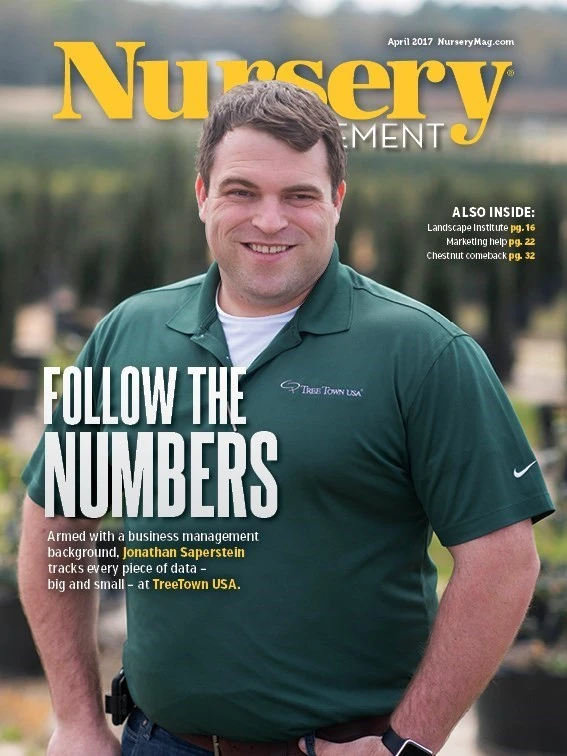
It’s a simple fact: Clutter is postponed decisions. Many entrepreneurs and managers have cluttered offices—unless they have an organized assistant. If you don’t believe it, just start looking around you. Begin in your own organization, and then look in places like the manager’s office of your local retail store.
Entrepreneurs and managers think “big picture,” but following through on details can be a struggle. They like to start things, but finishing them can be a challenge. Often the more brilliant a person is, the messier their office. Sorting and filing seems like a lower priority than creating a new product or serving your customer. But is it? It’s easy for observers to wonder, “If someone can’t manage their own office, how can they manage a department or a company?”
According to a 2010 study by Brother International, an office products company, the cost of messy desks and time spent looking for misplaced items in corporate America is about $177 billion annually. That price tag, figuring the time spent daily hunting for misplaced files, staples or documents, added up to 76 hours—or nearly two work weeks—a year. That same study revealed that it is also taking a toll on pocketbooks, since nearly one-third of those surveyed failed to get reimbursed for a business or travel expense because they misplaced or lost a receipt.
The problem
Getting and staying organized is not easy — if it were, there wouldn’t be so many highly successful, intelligent, creative people who struggle with it. Unfortunately, organization skills are not taught in school, so unless you were born organized or had a good role model for organization when you were growing up or in a job situation, you’re out of luck.
The combination of computers, and a desire to reduce overhead expenses, means fewer administrative assistants, and as a result, messier offices.
Solving the problem
There are numerous ways an office can be organized, but statistically, most offices simply have too much stuff. Look at each item in your office and ask the question, “Does this help me accomplish my work or enjoy my life?” If the answer is “No,” but you’re still reluctant to get rid of something, ask “What’s the worst possible thing that would happen if I didn’t have this?” If you can live with your answer, “donate, recycle, or toss it,” and work happily ever after.
If organizing doesn’t come naturally to you, it’s unlikely that with even the best system you will have a continuously neat desk, but cleaning it off at the end of the day, or at the very least, the end of the week, should be a cinch. So here’s your challenge: Set aside four hours. Clear your desk by putting everything on it in a box. Set up The Magic 6 to stop future clutter, and provide a SYSTEM (Saving You Space Time Energy Money) for every new piece of paper in your office. (See sidebar.)
Maintaining success
Organizing is an art. People often ask, “What should I do?” but the real question is “What will you do?”
No one likes to think about maintenance—but unless you figure out how you can maintain any system, you will fail. You can buy a Lamborghini, but if you don’t complete the necessary maintenance, you will soon have a pile of junk. You can go to a health spa and lose a lot of weight, but maintaining good exercise and good eating habits are essential if you don’t want to gain back everything you lost. One way to think of maintenance is “plan + habits.”
If you know yourself well enough to know you won’t maintain it, and you want your office to reflect the quality of the products and services you provide, hire someone to help a few hours a week. Your office will look better, you will feel better, and your leadership will shine.

Explore the April 2017 Issue
Check out more from this issue and find your next story to read.
Latest from Nursery Management
- John Ruter shares UGA's latest woody and herbaceous ornamental plant breeding projects
- Conor Foy joins EHR's national sales team
- Pantone announces its 2026 Color of the Year
- Syngenta granted federal registration for Trefinti nematicide/fungicide in ornamental market
- Get to know Kayela Aeppli
- HILA 2025 video highlights: John Gaydos of Proven Winners
- Q&A with Justin Bartlett
- Be the best choice





